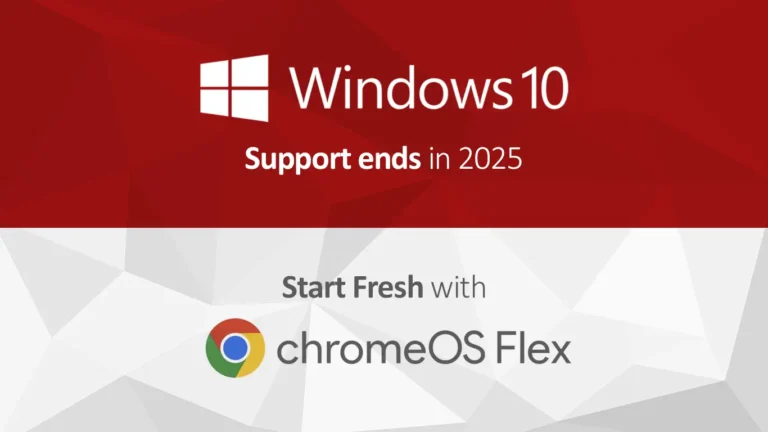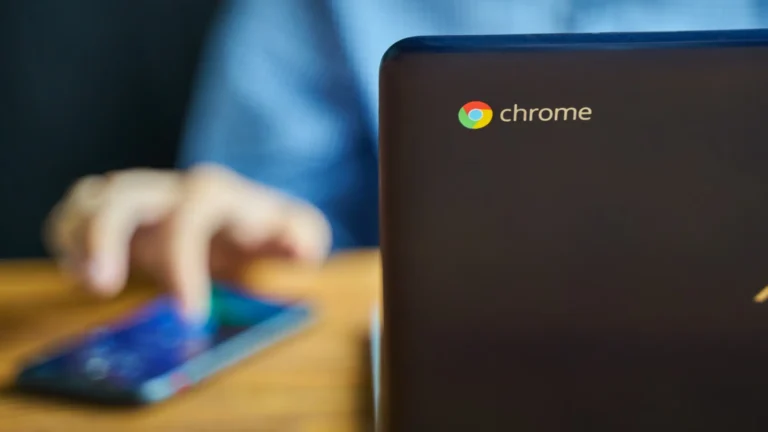Imagine a world where your smartphone and laptop speak the same language, seamlessly syncing and working together as one. That future might not be as far off as you think. Google’s ambitious project to merge Android and Chrome OS is set to blur the lines between mobile and desktop computing, creating a unified, supercharged ecosystem.
Google has been dropping hints about this merger for years, and it’s finally coming together. The idea is simple but revolutionary: combine the mobile power of Android with the desktop prowess of Chrome OS. This means your favorite Android apps on a Chromebook and your laptop capabilities on your phone.
Historically, Google has maintained two separate operating systems: Android for mobile devices and Chrome OS for laptops and desktops. The idea of merging the two has been floating around since the introduction of Android apps on Chromebooks. The merger aims to create a more integrated and cohesive user experience, leveraging the strengths of both platforms.
No more jumping through hoops to get your phone and laptop to sync. One login, one experience, across all devices. Imagine running your favorite Android apps on a bigger screen without any hiccups. Games, productivity apps, social media – everything at your fingertips. With the power of Chrome OS, Android devices will be able to handle more demanding tasks. Think video editing on your phone or running complex software on your Chromebook. One of the biggest pain points for Android users has been the fragmented update process. With a unified OS, updates will be streamlined, making your devices more secure and up-to-date.
Tech enthusiasts and industry experts have had mixed reactions. Some are excited about the potential for a more cohesive and powerful ecosystem, while others are concerned about the complexity of merging two large and distinct platforms. Early adopters who have tested beta versions report a promising but evolving experience.
Merging two well-established systems isn’t without its hurdles. Developers will need to adapt, and there will be growing pains as users get accustomed to the new interface and functionality. However, Google’s track record of innovation and user-focused design gives us confidence that they’ll pull it off.
This merger could set a new standard for operating systems, influencing other tech giants to follow suit. It might also pave the way for more innovative devices that blur the lines between phones, tablets, and laptops. The success of this initiative could significantly shape the future of computing.
As Google irons out the details, we can expect a gradual rollout. Early adopters might see beta versions of the unified OS, giving us a taste of what’s to come. The future looks bright for Android and Chrome OS users – a seamless, powerful, and more connected digital life is on the horizon.
For more on the latest updates to Chrome OS, check out Google’s official blog. And for an in-depth report on the merger, head over to this MacRumors article. Curious about what others think? Take a look at this Android Authority poll.



